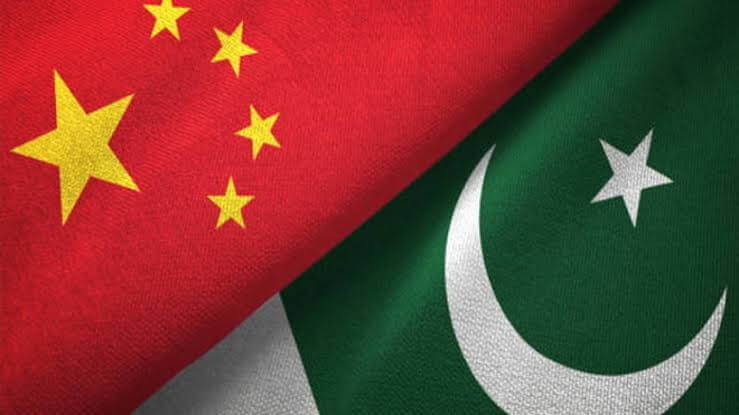China and Pakistan are holding their sixth nine-day naval exercise from January 6 to 14, labeled Sea Guardians, in the northern Arabian Sea to increase security cooperation on issues of maritime terrorism and crime.
China has repeatedly said that these drills have “nothing to do with the regional situation and is not targeted at any third party”.
However, it is curious this exercise is taking place on India’s west coast, where there are several major Indian ports, including Kandla, Okha, Mumbai, Nhava Sheva (Navi Mumbai), Mormugão, New Mangalore, and Kochi.
In September, the Indian Navy forced a Chinese PLA ship from India’s Exclusive Economic Zone, and warned China against future incursions into its territorial waters.
China also has a presence in the region, as its air and naval facility, Jiwani, is closely situated to Gwadar Port, a Sino-Pakistani venture, and the Iranian Chahabar Port, a joint venture by India and Iran.
China is financing Pakistan’s $60 billion deepwater Gwadar port in the North Arabian Sea and has increased its military presence in the area. It has also built a logistics base at Djibouti in the Horn of Africa.
In response to the nine-day naval exercises, India has deployed its aircraft carrier INS Vikramaditya.
On Saturday, the naval version of India's Light Combat Aircraft, Tejas, successfully landed on INS Vikramaditya in a test flight, making it the first Indian-made jet to land on an aircraft carrier.
Thus, although China and Pakistan claim that their naval exercises claim are un-related to India, India has not taken kindly to what it perceives as thinly veiled posturing by both nations, and has responded sternly through its own counter-posturing.
Image Source: ORF

